How much weight of plot can dance carry? Balanchine famously insisted that there are no mothers-in-law in ballet, and masters such as Fokine, Massine and Ashton largely confined the dimensions of their narratives to the back of a postage stamp. Yet in A Month in the CountryAshton also proved that ballet can communicate delicate nuances of psychology; MacMillan’s Mayerling has a complex historical-political setting that fascinates; and Matthew Bourne has devised a cartoon-ish mode of silent tale-telling that has proved very popular and effective.
Although one could multiply these examples, the fact remains that plot-driven ballet is a tricky business: stories develop more naturally through words than images and too often dance doesn’t provide enough compensation for their absence. Adapting a novel is probably going to lose more than it gains; and it is a bold man who thinks that he can improve on Shakespeare.
Christopher Wheeldon – a likeable, talented, productive choreographer and a fine craftsman of abstract scenarios – has had a stab at both these challenges, and I think he has failed. The Winter’s Talewas a crude reduction of that most delicately mysterious of plays, and Alice’s Adventures in Wonderland worked chiefly because a huge amount of dosh was flung at the fancy staging.
Now Wheeldon has plumped for Laura Esquivel’s bestseller Like Water for Chocolate in a co-production between the Royal Ballet and American Ballet Theater. I haven’t read the book but I gather it revolves round Tita, a Mexican girl with a culinary bent, whose love for Pedro is thwarted by her mother Mama Elena. Would that it were so simple! But here is a brief extract from the ballet’s four-page synopsis:
‘Tita’s physical desire for Pedro has manifested as an aphrodisiac in her cooking. Summoned by the aroma of rose petals, revolutionary soldier Juan Alejandrez appears and carries Gertrudis [Tita’s sister] away on horseback. Mama Elena is consumed with rage.’
Ghosts are involved, too, as well as dead babies, outbreaks of mass vomiting, revelations in a diary and a hoedown, spanning a 20-year period over a dozen subsidiary characters, three acts and 12 scenes. It is simply more than ballet can handle and Wheeldon is forced to chase the comings and goings in a breathless succession of mimed and danced episodes that contain nothing choreographically substantial or sustained until a bodice-ripping last pas de deux for the ultimately united Tita and Pedro that relies heavily on MacMillan for its inspiration.
Every emotion seems frenetically semaphored, the novel’s theme of food as a magical agent is never clarified and nothing develops for more than a minute. Joby Talbot’s Latinate score, bright, brassy and derivative, enthusiastically conducted by Alondra de la Parra, compounds (or perhaps drives) the restlessness; Bob Crowley’s designs use hot colours, back projections and lacy drapes resourcefully. One suspects that overall it’s been a rush job and that Wheeldon didn’t spend enough time thinking it through, slowing it down and weeding it out.
What a waste of some marvellous dancers. The Royal Ballet has been performing so well this season: morale is high under Kevin O’Hare’s upbeat management and the injury rate seems to have fallen. I haven’t much liked any of the premières (I’m in the minority who thought that Wayne McGregor’s The Dante Project missed its mark), but a series of first-class revivals has delighted capacity audiences at a difficult time.
Francesca Hayward and Marcelino Sambé are among the company’s brightest younger stars, still with potential to shine even more brightly. Wheeldon has missed his chance to extend them. As Tita, Hayward sticks to her trademark modest Fonteyn-like charm and as Pedro, Sambé grins amiably and explodes in momentary flashes of virtuosity. But we never understand what passion compels them towards each other. Laura Morera is obliged to channel every Cruella de Vil cliché as the vicious and frustrated Mama Elena; Matthew Ball is quietly engaging as a sympathetic doctor fiddling with his spectacles; Anna Rose O’Sullivan and Cesar Corrales are given nothing to build on; poor Mayara Magri is lumbered with a fright of a wig.
The audience squealed and shrieked its approval at the curtain calls, but I suspect their enthusiasm will be short-lived and Like Water for Chocolate will soon melt away.
Got something to add? Join the discussion and comment below.
Get 10 issues for just $10
Subscribe to The Spectator Australia today for the next 10 magazine issues, plus full online access, for just $10.
You might disagree with half of it, but you’ll enjoy reading all of it. Try your first month for free, then just $2 a week for the remainder of your first year.

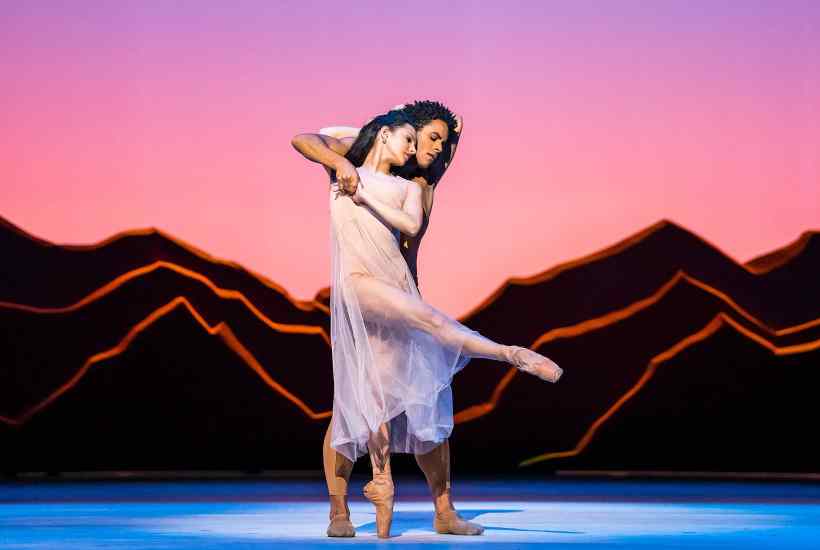
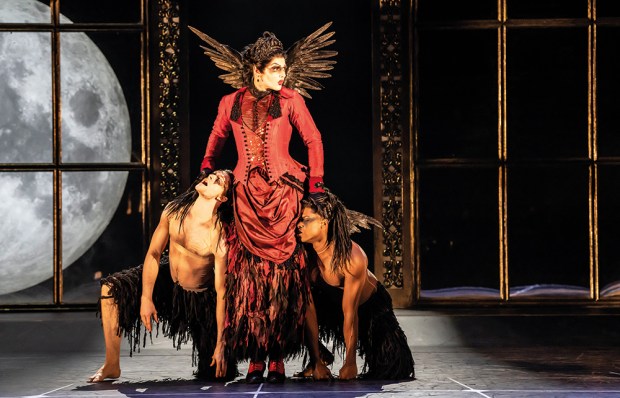
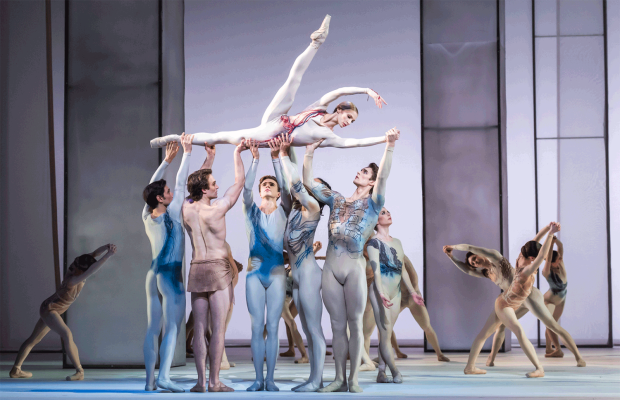
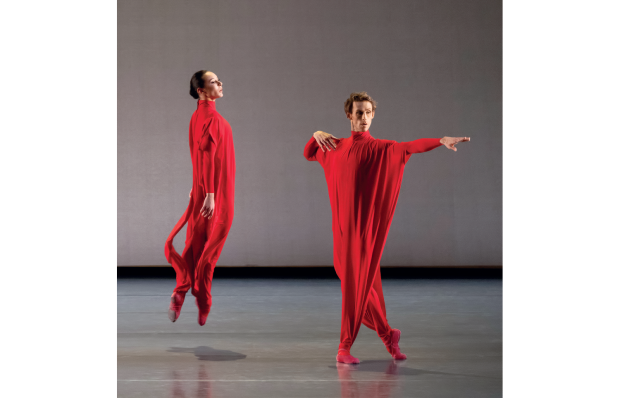
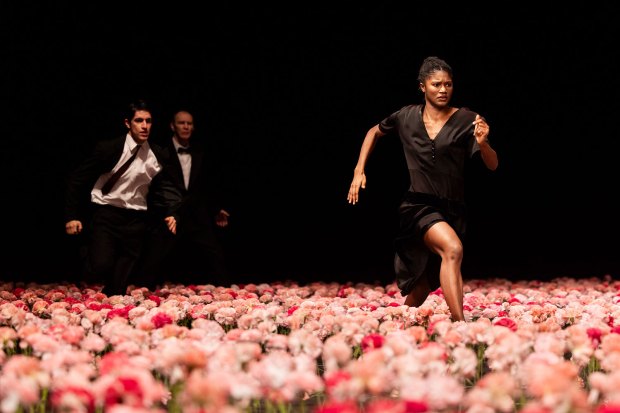
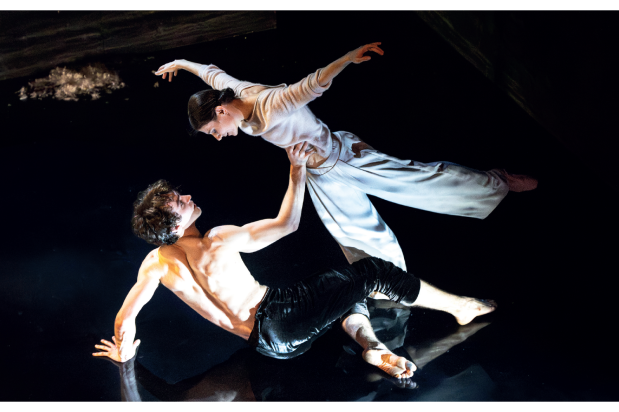







Comments
Don't miss out
Join the conversation with other Spectator Australia readers. Subscribe to leave a comment.
SUBSCRIBEAlready a subscriber? Log in